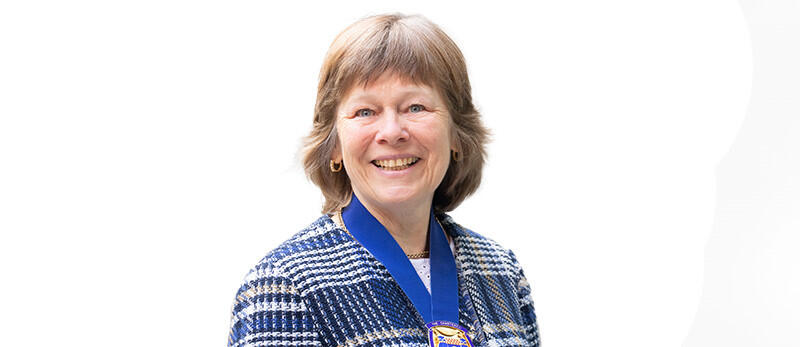CIOT President's page: Celebrating our technical work

Over the Autumn, whilst participating in various CIOT events and committee meetings, I have been constantly reminded of the range and depth of our ‘technical’ work. We are fortunate to have such excellent technical officers working for the CIOT and so many members who generously volunteer their time and expertise to help shape and inform our technical output. It’s a very strong – and disciplined – collective effort.
In terms of the CIOT’s charitable objectives ‘to advance public education in and promote the study of the administration and practice of taxation and the principles of economic and political science in relation to taxation’, there are three sub-groups of audiences to whom our technical offerings are directed.
- Those with an interest in tax, such as in HMT, HMRC or the law makers: For example, output may address various elements of the fiscal cycle, such as issuing Budget representations and providing informed commentary on Budget measures (our technical team will have been examining the fine detail of the Budget on 30 October). We will prepare Parliamentary briefings on Finance Bill measures – does the draft legislation do what it’s setting out to do? There are also public debates, such as the CIOT/IFS debates. The most recent of these addressed what ought to be in the next business tax road map if it is to be useful to business.
- Unrepresented taxpayers who seek further specific tax information: CIOT’s Low Incomes Tax Reform Group provides guidance to those who cannot afford professional advice, such as pensioners, students and low-income employees. We published a position paper in September setting out how the experience of the tax system for online traders can be improved following the increased use of online platforms. It’s a thoughtful, helpful piece of work.
- The wider public who need an awareness of tax: Most often, this audience may be reached via news outlets. There is a superb CIOT external relations team working in conjunction with the technical team.
The fourth group for whom technical educational material is provided is, of course, members. In the last couple of months alone, the CIOT has offered a range of specialist conferences – from the Cambridge residential weekend to a one-day international tax conference, both of which I can vouch for. There has also been a huge range of webinars and in-person branch technical updates.
The technical officers also have a focus on operational matters. This can range from examining ‘Making Tax Digital’ proposals to help them be as effective as possible and participating in HMRC forums to providing input to the HMRC ‘One to Many’ campaigns. Tailored guidance that specifically concerns HMRC One to Many letters addressed to tax agents has recently been issued. I commend it – a most useful piece of guidance.
One matter at the forefront of the CIOT’s work in recent years has been the unacceptably poor levels of service provided by HMRC. The technical team is working in conjunction with ICAEW’s Tax Faculty and a number of firms to gather specific evidence of current standards of service provided by HMRC. This is with a view to providing a report with specific evidence of where service standards are failing, the impact on taxpayers, businesses and agents, and suggestions of where there is good practice that could be adopted from elsewhere to address the concerns. We look forward to reporting on this in December.
Feedback from stakeholders and members is that our technical work is very well received; the CIOT is held in high repute. Our technical offerings represent our collective expertise, reflecting members’ abilities. We should all be rightly proud of the Institute’s technical output.
I should add a few further points before signing off. First, may I express my gratitude and thanks to our technical officers and to all members who actively contribute to committees and provide feedback. Second, may I encourage others to consider joining a technical committee. It’s a two-way process and I know that members get as much out as they put in by collaborating with like-minded tax professionals.
And last but not least, such technical work is available for all members to benefit from. Do make the most of it for your CPD.


